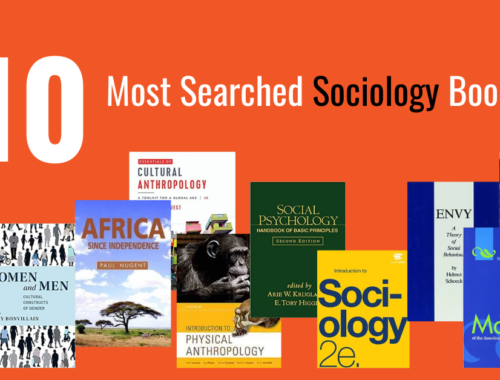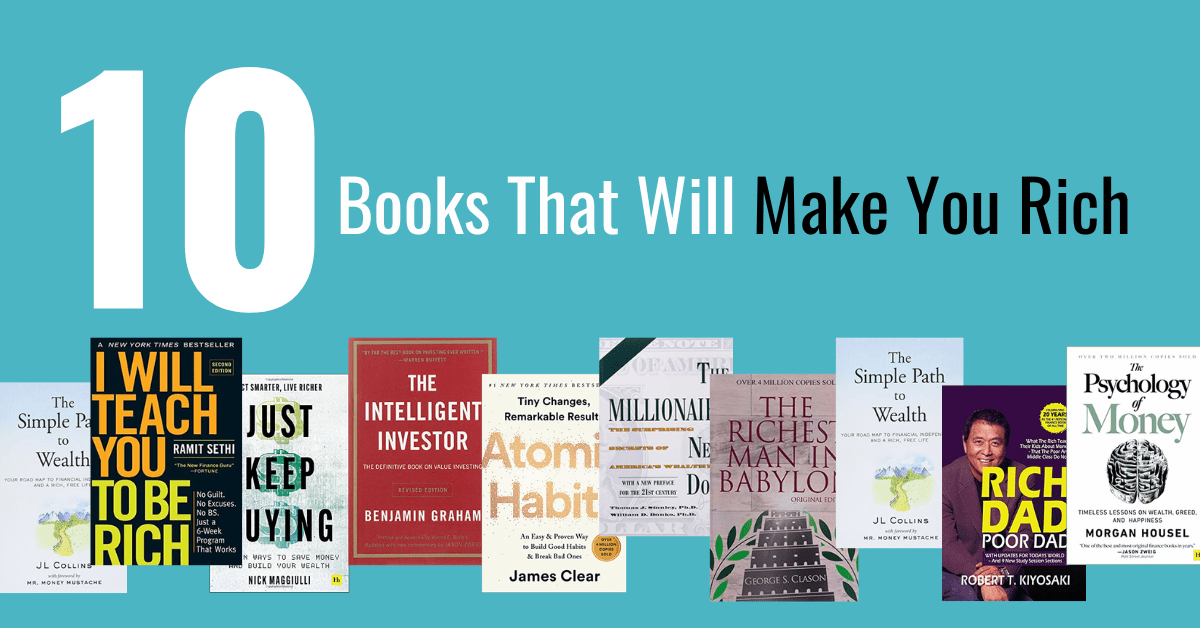
Much like bookishness granting a toned physique, reading your way to wealth seems like pure wish-fulfillment. Per our current obsession with #bossing, #smashing, #crushing or (insert corporate cliche of choice) your personal growth, there’s a sizable chunk of the publishing houses dedicated to helping the financially hapless achieve their dream. Of course, we at BookScouter reckon the best of dreams, financial or otherwise, begin with a good book (or ten)
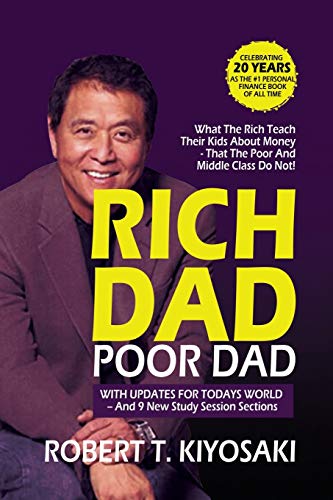 Rich Dad Poor Dad: What the Rich Teach their Kids About Money That The Poor And Middle Class Do Not!
Rich Dad Poor Dad: What the Rich Teach their Kids About Money That The Poor And Middle Class Do Not!
Structured as folksy, loosely autobiographical parables, in which ‘Rich Dad’ is the father of one of Kiyosaki’s friends, and ‘Poor Dad’ is Kiyosaki’s father. Squarely aimed at the American middle class (hence endorsements by the likes of Oprah Winfrey and Donald Trump), Kiyosaki’s observations entertain, but don’t translate.
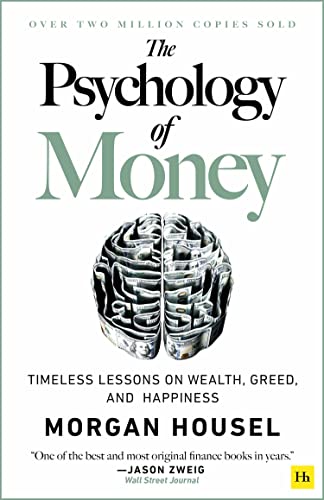 The Psychology of Money: Timeless lessons on wealth, greed, and happiness
The Psychology of Money: Timeless lessons on wealth, greed, and happiness
Narrating in a kindly, affable style, Housel invites readers to achieve a mindset shift from money matters as ‘physics’ with set, unbreakable rules. Housel seeks instead to bring a study of history, culture, and human psychology to unpick the reasons behind our financial decisions.
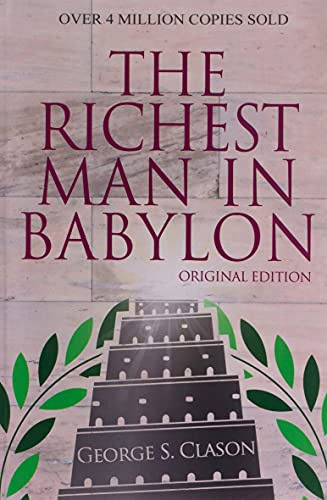 The Richest Man In Babylon
The Richest Man In Babylon
Less a guide than a (fictionalized) daily primer, this quick read weaves simple financial lessons into a set of short stories, set in Babylon (modern-day Iraq). It’s no accident an author who lived through the Great Depression might choose a setting itself a byword for excess: fertile ground for the author’s thoughts on finding security in a profoundly unequal world.
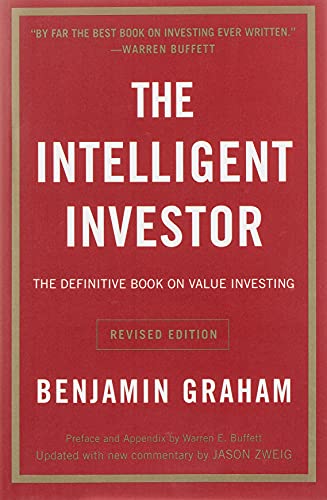 The Intelligent Investor Rev Ed.: The Definitive Book on Value Investing
The Intelligent Investor Rev Ed.: The Definitive Book on Value Investing
by Benjamin Graham
An inspiration to Warren Buffet (who provides the foreword to this edition), Graham’s reference teaches ‘profit from folly’ by keeping emotional decision-making in check. In exhorting readers to consider the cyclical nature of financial markets, Graham proves the godfather of authors like Housel, despite a more technical approach.
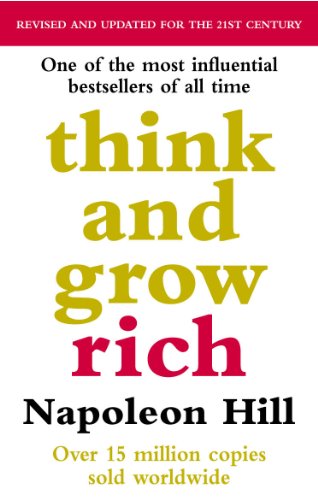 Think and Grow Rich
Think and Grow Rich
One of many texts on ‘manifesting’ wealth by means of faith, the opening chapter of this 1937 polemic dangles ‘the secret’ to prosperity before readers. Said secret boils down to the setting of intent and visualization, techniques with a solid record in healthcare and elite sports. While this work provides little practical instruction, it remains an interesting historical footnote.
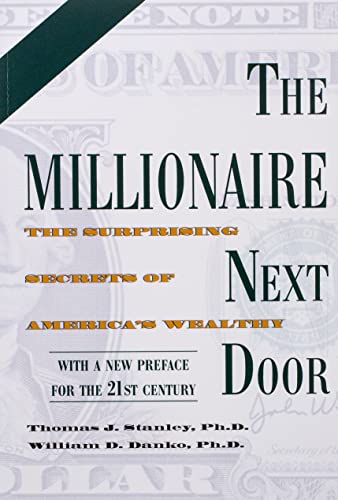 The Millionaire Next Door: The Surprising Secrets of America’s Wealthy
The Millionaire Next Door: The Surprising Secrets of America’s Wealthy
A 90s-era compilation of millionaires’ greatest hits: The Millionaire Next Door collates themes gleaned from interviews with members of America’s 1%, first published in 1996. As such, assumptions about what wealth looks like (male, white and from a traditional nuclear family) won’t speak to contemporary readers as directly. It does, however, tap into modern anxieties about creating eternal children dependent on their aging parents, by way of helicopter parenting.
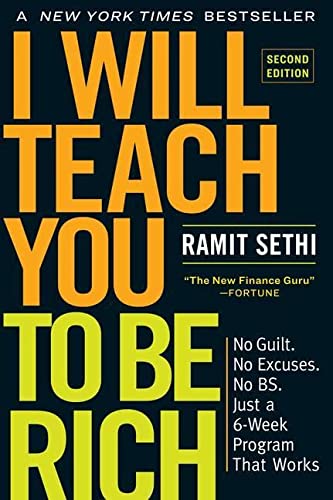 I Will Teach You to Be Rich, Second Edition: No Guilt. No Excuses. No BS. Just a 6-Week Program That Works
I Will Teach You to Be Rich, Second Edition: No Guilt. No Excuses. No BS. Just a 6-Week Program That Works
Based on a blog of the same (lengthy) name, Sethi not only covers spending, savings, investment, and debt, but strays into the weeds of careers advice, in covering topics like negotiating a salary raise. Sethi’s text reads like a gateway drug to his courses, though it does condense advice from a range of sources into a more digestible format.
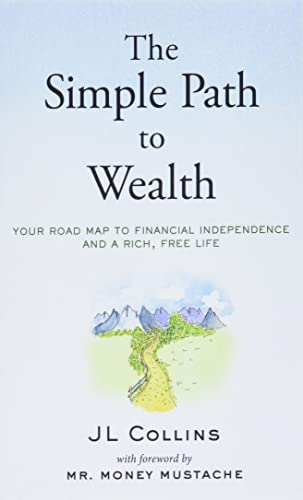 The Simple Path to Wealth
The Simple Path to Wealth
Your road map to financial independence and a rich, free life by JL Collins – A well-travelled English Literature graduate might seem an unlikely source of financial advice. But Collins brings a gift for brevity and storytelling nous to bear on his family’s journey to financial freedom.
 Atomic Habits: An Easy & Proven Way to Build Good Habits & Break Bad Ones
Atomic Habits: An Easy & Proven Way to Build Good Habits & Break Bad Ones
Much like the second title on our list, this one’s less about managing money and more about driving ourselves, our habits, and the unhelpful myths we build around our learned behaviors. Readers have connected with the reflective themes explored in the book, helping it achieve a ranking at the top of the best-selling book for 2023.
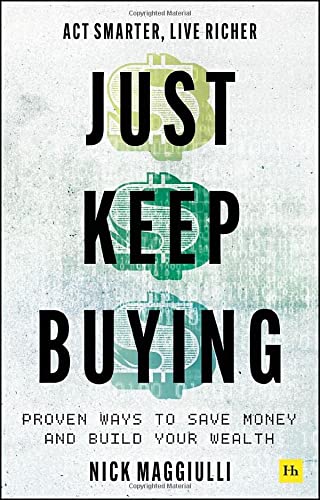 Just Keep Buying: Proven Ways to Save Your Money and Build Your Wealth
Just Keep Buying: Proven Ways to Save Your Money and Build Your Wealth
Another blogger turned author, Maggiuli’s approach is scientific, with an eye on history. Evidence-based, though the data and examples used here are US-specific, there’s still a highly readable distillation of received financial wisdom from the last two decades.
Living a luxe life? Or just limbering up to it? Tell us all about it in reactions box and socials!




